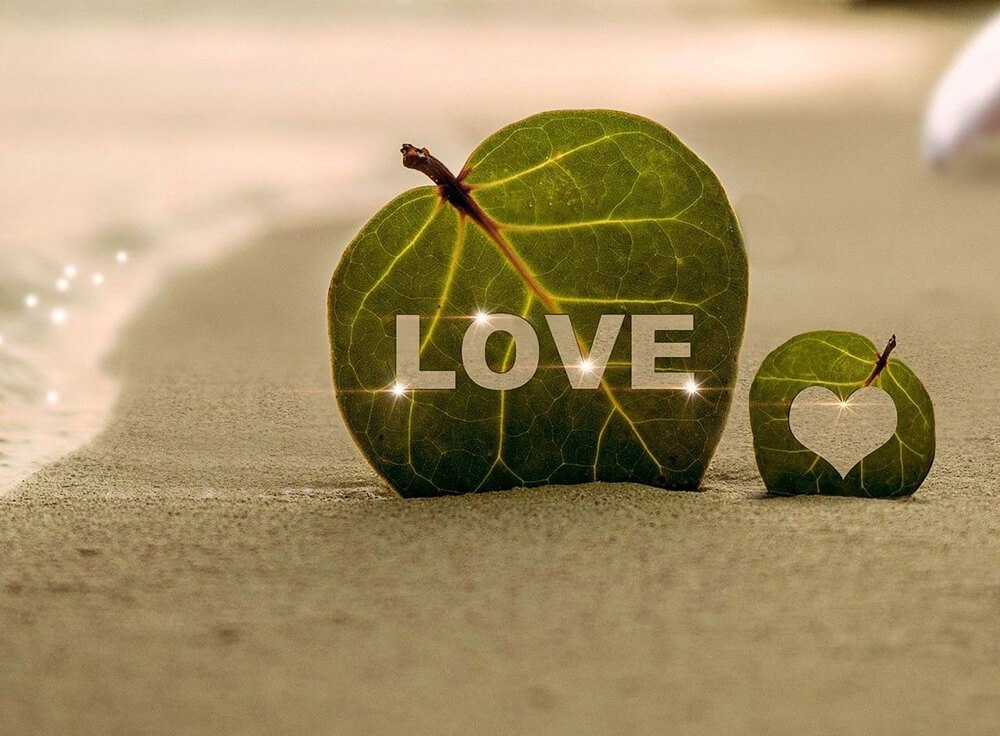Since February is hailed the month of LOVE, I thought it might be exciting to ask people in recovery to share examples of how they have learned to love again now that they are in recovery. For many of our clients that moment of understanding how active addiction had robbed them of their ability to care or feel passion for anything other than their drug of choice is usually painful. In reality while they have used the word ‘love’ to others, their actions have proclaimed the opposite. It is at this stage people in recovery either struggle to make amends or lash out in anger because of shame. Learning to love again is an important ongoing task essential to maintaining one’s sobriety.
Loving Me
An essential element of Love is intimacy, which is the art of connecting – getting to know the person. In early recovery the most important person to connect with is ourselves. When we venture on the road of recovery, the primary mission for the first year is to connect deeply with ourselves: discover small pleasures, accept disappointments and embrace our evolving identity. Learning to love you also means forgiving mistakes from the past and giving yourself permission to move on to becoming a better person. During this month of LOVE ask yourself that important question … Have I truly forgiven myself and have I learnt to embrace this new me – the recovering addict? Then share how you have learnt to love yourself.
Loving Others
The addict and their love ones wrong assumed that all the significant problems that had pull them apart were due to the addiction. In recovery there is a rude awakening for all. Problems that existed before the addiction and those that emerged during addiction don’t disappear, but rather become more pronounce once recovery begins. The “addiction scapegoat” is no longer present to blame. This leaves the recovering addict and their significant partner (s) naked before the truth that we need to fix the problems to love again. For love to flourish once more and true intimacy to begin barriers must be torn down and problems addressed. What have you done during your recovery to mend your broken relationships? Professional help may be needed, consider family therapy or couples counseling or simply begin with support from your peers in 12-steps support group. This exploration in intimacy is one shared by all, but is most important for people in recovery, because it is a task denied during those formative years of active addiction.
Continue to grow, love and navigate the wonderful road of recovery.
Jean-Machelle Benn-Dubois, PhD. LPC NCC ACS
Director of Admissions & Continuum of Care
Crossroads Centre, Antigua
Toll-Free from US or Canada: 1 888 452-0091
Toll-Free from UK: 0 800 783-9631
Direct to Antigua: 1 268 562-0035 Ext. 5024
Fax: 1 268 562-3278
Email: [email protected]
crossroadsantigua.org

